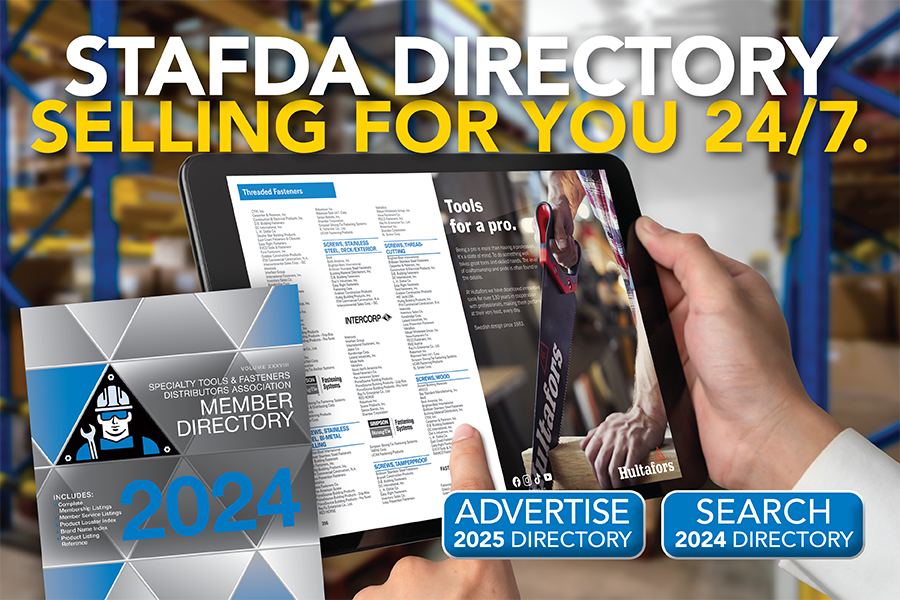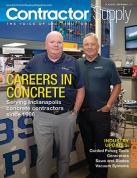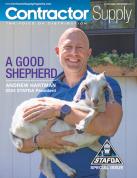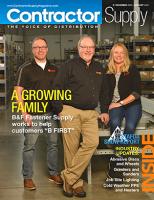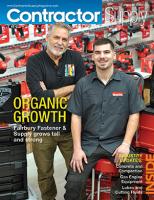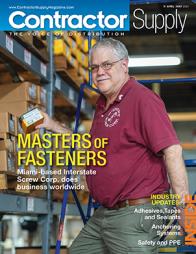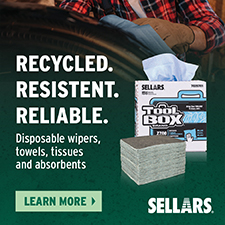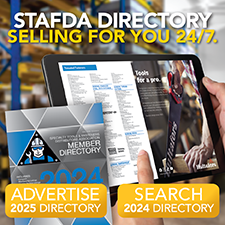Exclusive: 3 Employment Tests to Help you Hire the Best
First in a series of articles by Dr. Michael Mercer, Ph.D.
 Question: What’s the easiest, cheapest and fastest way to have profitable, productive, low-turnover, and honest employees?
Question: What’s the easiest, cheapest and fastest way to have profitable, productive, low-turnover, and honest employees?
Answer: Hire profitable, productive, low-turnover, honest people!
Unfortunately, managers often hire underachievers or losers. Fortunately, pre-employment tests give managers a simple-to-use, quick, customizable way to hire the best.
Only 1 Reason to Screen Applicants
The sole reason to assess applicants is to predict – or forecast – how an applicant will behave on-the-job BEFORE you hire the person. It proves crucial to prediction this before hiring an applicant, rather than finding out the expensive way after you put the person on your payroll.
The main methods used to predict if an applicant will succeed on-the-job are:
- Interviews
- Reference Checks
- Pre-employment Tests
Alarming Research
Large-scale research discovered most interviewers and reference checks make lousy predictions of actual on-the-job performance. Interviews and reference checks often are about as useful as flipping a coin!
On the bright side, pre-employment tests prove to be the best forecasters of actual on-the-job performance. Reason: Tests are developed with scientific research techniques so they objectively predict how an applicant will act on-the-job. In contrast, interviews and reference checks typically offer only subjective “guesstimates” of an applicant’s work potential.
3 Types of Pre-Employment Tests
Traits required for job success boil down to A + B + D:
A = Abilities – mental abilities – brainpower – to learn + do the job
B = Behavior – honesty, interpersonal skills, personality and motivations needed on-job
D = Dependability – honesty, work ethic, impulsiveness, theft/stealing, & substance abuse
As such, A + B + D = Success on-the-job. Importantly, you can use tests to predict an applicant’s Abilities, Behavior, and Dependability.
A = Abilities Tests
Did you ever hire someone and, later, horrifyingly discover the person had the IQ of tire pressure? That person did not have brainpower to (a) learn the job or (b) solve problems on-the-job. Abilities tests help you avoid hiring people who lack brainpower to learn and do the job.
Five abilities tests tell you how well the applicant handles
- Problem-Solving
- Vocabulary
- Arithmetic
- Grammar, Spelling, & Word Use
- Small Details
B = Behavior Test
Each job requires crucial behaviors. For example, my research shows superstar sales reps often are money motivated, optimistic, and assertive. Many jobs require teamwork, friendliness, and customer service. To help you, behavior tests forecast applicants’
- Interpersonal Skills
- Personality
- Motivations
For instance, a behavior test predicts three interpersonal skills: (a) friendliness, (b) assertiveness, and (c) teamwork. Five personality traits assessed include (a) energy level (b) optimism, (c) objectivity, (d) procedure-following, and (e) desire to focus on feelings or facts.
Motivations uncover if an applicant strives to do a good job to (a) make lots of money, (b) provide customer service, (c) do creative work, (d) exert power or control, or (e) increase knowledge.
D = Dependability Test
Did you ever hire someone who had a lousy work ethic? Acted impulsive – and had accidents or safety violations or acted horribly? Stole from your company? Abused alcohol or drugs? Lied or was dishonest? That cost you loads of money and time! Dependability tests help managers avoid hiring problem employees.
A good Dependability test help you predict important work-related dependability factors, including:
- Honesty
- Work Ethic
- Impulsiveness [related to accidents, safety violations, and rudeness]
- Theft/Stealing concerns
- Substance Abuse concerns
When you hire a “good apple” -- and avoid hiring a “bad apple” – you make a big difference in your company’s productivity and profits.
Customize Tests You Use
It is highly recommended you customize abilities and behavior tests for each job in your company. Note: You do not need to customize dependability tests.
You customize abilities and behavior pre-employment tests by conducting a benchmarking study.
Example: Let’s say you want to hire profitable, productive sales reps. Start by testing some of your current sales reps. Statistically pinpoint your superstar sales reps’ typical test scores. Then, when you test a sales applicant, you quickly will see if the applicant’s test scores were similar to – or different than – your superstar sales reps’ test scores.
You, of course, would prefer to hire applicants (1) whose test scores are similar to your superstars’ test scores – plus also (2) impress you in interviews and other prediction methods you use. However, you could avoid hiring an applicant whose test scores are much different than your superstars’ test scores.
6 Steps for Pre-Employment Testing – to Help You Hire the Best
You can hire the best using pre-employment tests by following these steps:
Step 1: Find a skilled Ph.D. – industrial psychologist whose expertise is in pre-employment testing. You only would allow a skilled M.D. – surgeon to perform surgery on you. Likewise, you only want a Ph.D. – industrial psychologist who specializes in testing to help you find, custom-tailor and use pre-employment tests.
Step 2: List jobs for which your company will profit if you hire highly productive employees.
Step 3: With your Ph.D. – industrial psychologist’s help, find tests that are (a) job-related, (b) valid, (c) reliable, and (d) customizable for jobs listed in Step 2.
Step 4: Customize the tests with expert’s guidance from the Ph.D. – industrial psychologist. Statistically find the specific test scores of your superstar employees in job you listed in Step 2.
Step 5: Test applicants – and show preference for hiring applicants who score similar to your company’s most profitable, productive, superstar employees.
Step 6: Benefit from increasing profits and productivity when you hire the best.
Michael Mercer, Ph.D., created 3 “Forecaster Tests” – pre-employment tests. Companies use his tests to predict which job applicants may succeed (or fail) on-the-job, if hired. Dr. Mercer wrote the book, Hire the Best & Avoid the Rest. You can see information about his 3 “Forecaster” pre-employment tests at www.MercerSystems.com.
© Copyright 2019 Mercer Systems LLC Reprinted with permission.




